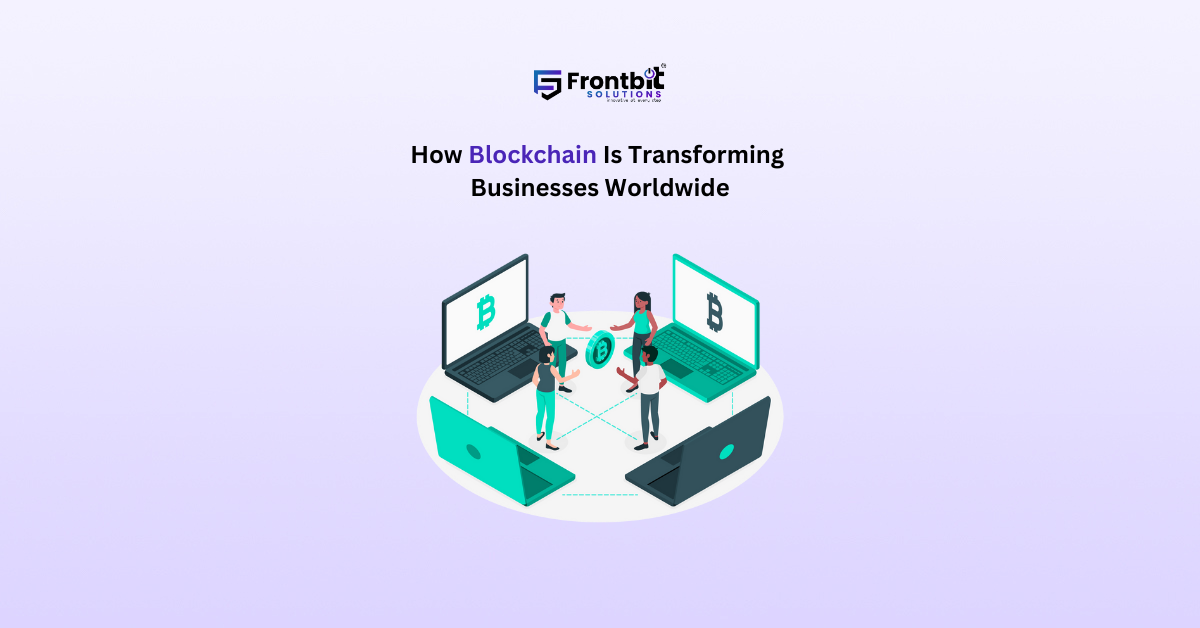Introduction
Blockchain is one of the most talked-about technologies today. It offers a secure, transparent, and decentralized way to store and share data. Initially created for Bitcoin, blockchain is now transforming industries like finance, healthcare, and supply chain management.
But what exactly is blockchain, and why is it so important? Let’s break it down.
What Is Blockchain?
Blockchain is a digital ledger that records transactions securely and transparently. Instead of storing data in one place, it is shared across a network of computers, making it more secure and trustworthy.
How Does Blockchain Work?
1️⃣ Decentralization – No single entity controls the data.
2️⃣ Cryptographic Security – Transactions are encrypted for protection.
3️⃣ Consensus Mechanism – Transactions are verified by multiple computers.
4️⃣ Immutability – Once data is added, it cannot be changed or deleted.
Key Features of Blockchain
✔ Decentralized – No middlemen or central authority.
✔ Secure – Uses encryption to protect data.
✔ Transparent – Everyone on the network can verify transactions.
✔ Immutable – Data cannot be altered once recorded.
✔ Efficient – Faster and cheaper transactions.
Types of Blockchain
🔹 Public Blockchain – Open to everyone (e.g., Bitcoin, Ethereum).
🔹 Private Blockchain – Controlled by a single organization (e.g., Hyperledger).
🔹 Consortium Blockchain – Managed by multiple entities (e.g., R3 Corda).
🔹 Hybrid Blockchain – A mix of public and private blockchains (e.g., XinFin).
Industries Using Blockchain
🏦 Finance – Secure payments, smart contracts, and fraud prevention.
🏥 Healthcare – Safe medical record sharing and data security.
📦 Supply Chain – Transparent tracking of goods and transactions.
🏡 Real Estate – Secure property transactions and ownership verification.
🗳 Voting Systems – Fraud-proof and transparent elections.
Benefits of Blockchain
✅ No need for intermediaries (faster & cheaper transactions).
✅ Reduces fraud, hacking, and cyber threats.
✅ Ensures data integrity and security.
✅ Improves efficiency and trust in digital transactions.
Challenges of Blockchain
❌ Scalability – Some blockchains struggle with handling large amounts of data.
❌ Energy Consumption – Mining in proof-of-work blockchains uses a lot of electricity.
❌ Regulatory Concerns – Governments are still figuring out laws for blockchain use.
The Future of Blockchain
Blockchain is evolving fast! Here are some trends shaping its future:
🚀 Decentralized Finance (DeFi) – A financial system without banks.
🎨 Non-Fungible Tokens (NFTs) – Unique digital assets like art and collectibles.
🌍 Green Blockchain – New eco-friendly blockchain solutions.
Conclusion
Blockchain is a game-changing technology with endless possibilities. Its security, transparency, and efficiency make it valuable across industries. While there are challenges, its future looks bright as more businesses and governments adopt it.







